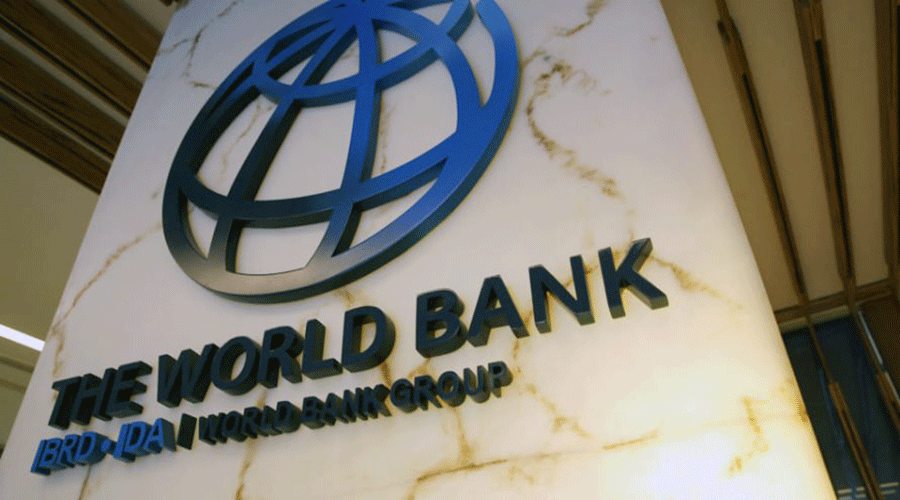World Bank launches CPIA report

The World Bank Chief Economist for Africa Albert Zeufack launches the Country Policy and Institutional Assessment or CPIA report here, ranking Liberia at 3.1 percent. He says the review reveals unchanged quality of policies and institutional performance in Africa.
Speaking Wednesday, 12th September during the launch at the World Bank Office in Congo Town outside Monrovia, Chief Economist Zeufack notes that Rwanda continues to lead both at the regional and global levels with a CPIA score of 4 percent.
He details that other countries that were at high end of the regional score range include Senegal, 3.8 percent, closely followed by Cape Verde, Kenya and Tanzania that all scored 3.7 percent, respectively. “The average quality of Policies and Institutions in Sub-Saharan Africa was broadly unchanged in this 2017 report; this is a shift from the deterioration observed in the previous years”, he explains.
Chief Economist Zeufack says the report covers 38 countries and describes the progress those countries are making in improving the quality of their Policies and Institutions, explaining that countries are rated on a scale of one, meaning low to six, which is high for 16 dimension, reflecting four pillars.
According to him, the pillars are: Economic Management, Structural Policies, Policies for Social Inclusion and Equality, and Public Sector Management and Institutions.He notes in 2017, Liberia’s regional Country Policy and Institutional score was 3.1 percent, and that the average score for Sub-Sahara Africa remains slightly below the average of 3.2 for other International Development Association (IDA) countries.
He stresses the CPIA is important for African countries not only because a better score leads to an increase in concessional financing from the World Bank, but also because it’s an excellent tool for policy formulation and monitoring purposes.
“Our countries should pay more attention to this important tool and use it accordingly.” Zeufack urges Africa countries.Lead economist and lead author of the report Puman Chuhan-Pole recalls in 2017, Africa had a more favorable global environment that provided them with space to implement reforms. “According to our analysis, nearly 30 percent more countries strengthened their policies and institutional qualities in 2017, compared to 2016. This is an encouraging trend”, she notes.
She also observes the favorable global economic conditions supported a turnaround of economic activity in Sub-Saharan Africa in 2017, easing pressure on weak policy frameworks, saying that the Country-level Policy and Institution Quality varied widely across the region.
[bsa_pro_ad_space id=1]
Therefore, the World Bank’s IDA program established in 1960, helps the world’s poorest countries by providing grants and low to zero interest loans for projects and programs that boost economic growth, reduce poverty, and improve poor people’s lives.
It is also one of the largest sources of assistance for the World’s 75 poorest countries, 39 of which are in Africa. Resources from IDA bring positive change to the 1.5 billion people who live in IDA countries. Since 1960, it has supported development works in 113 countries, while annual commitments have averaged about $18 billion over the last three years, with about 54 percent coming to Africa.
By Ethel A. Tweh–Editing by Jonathan Browne




















